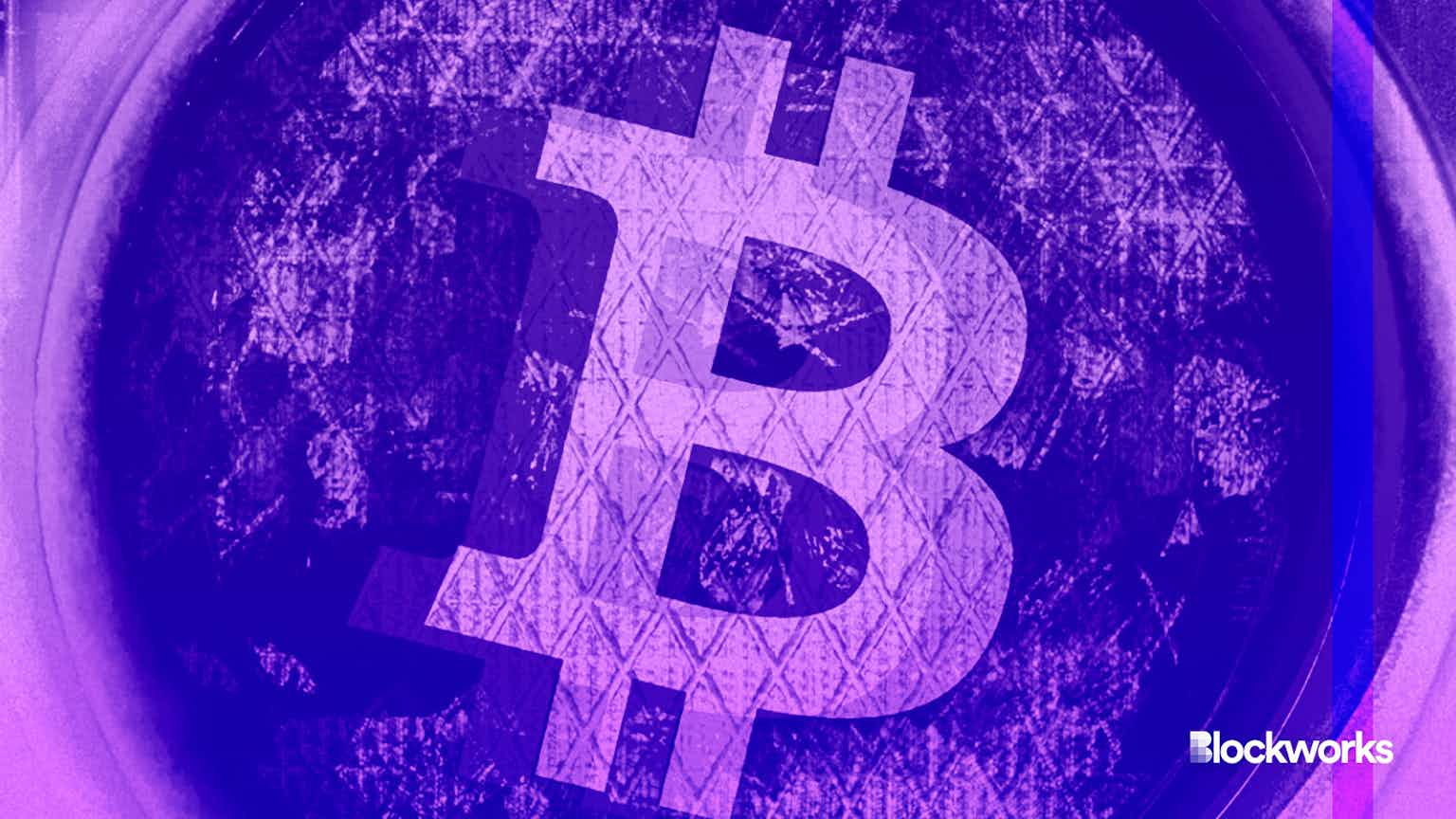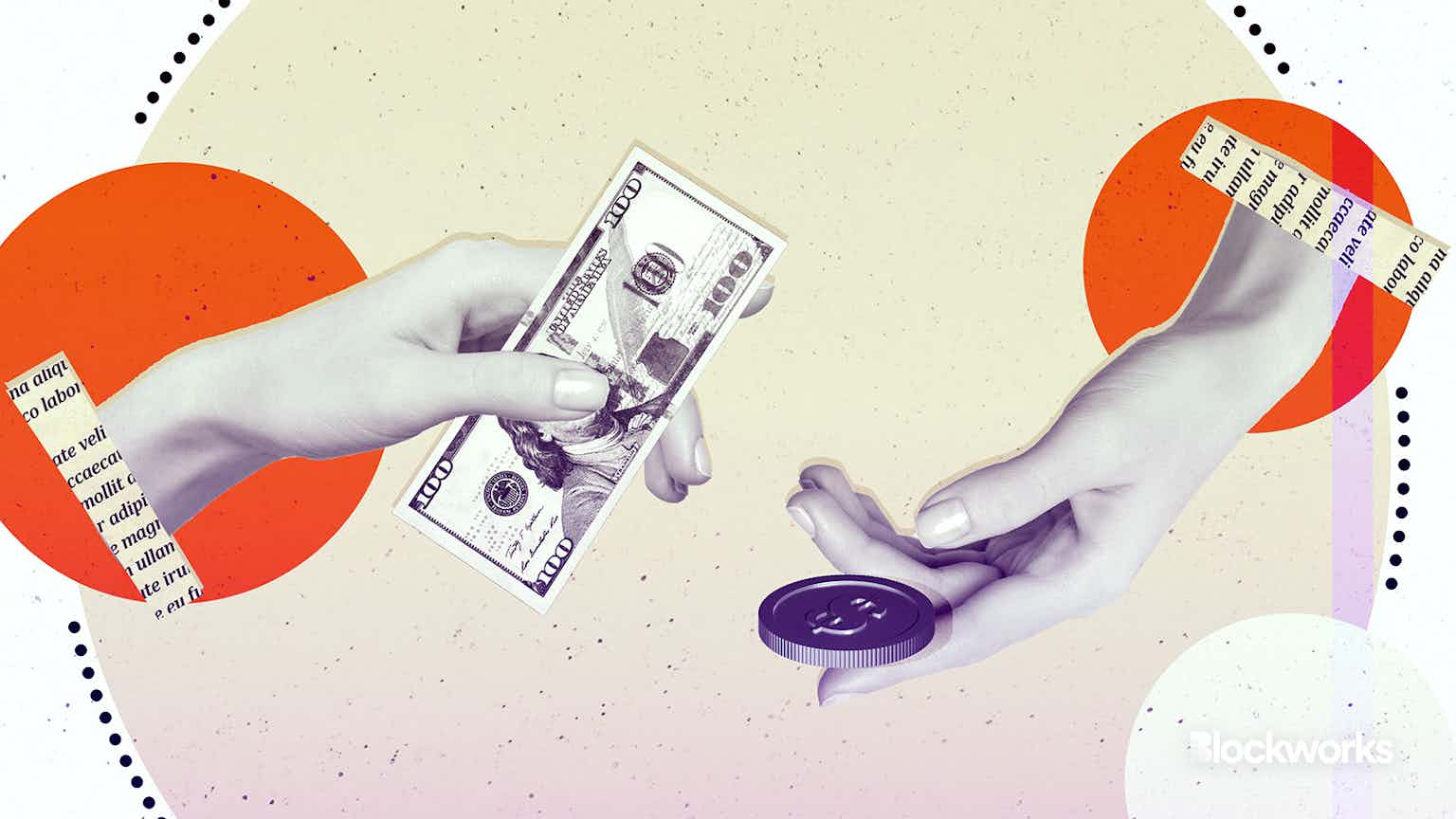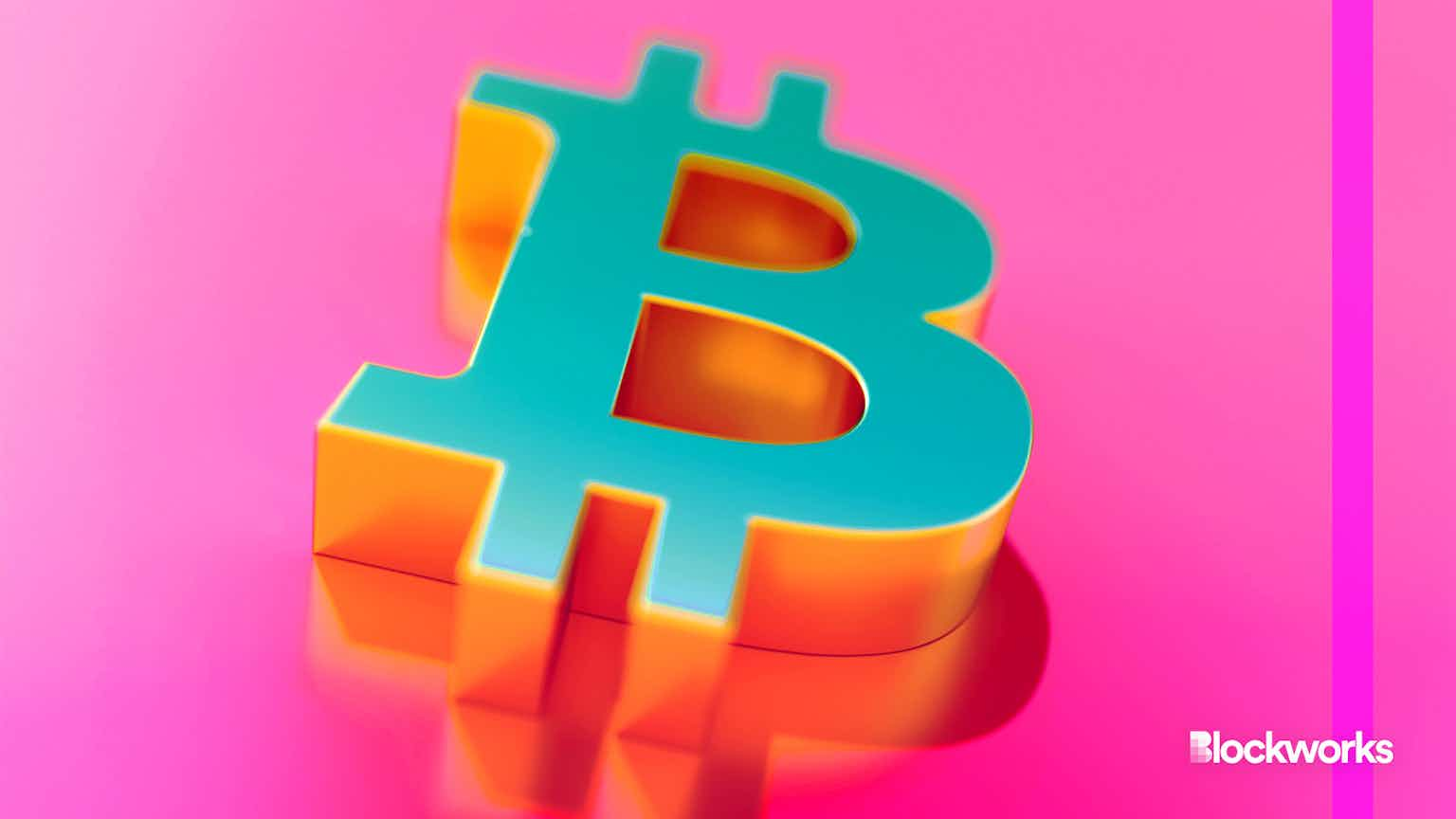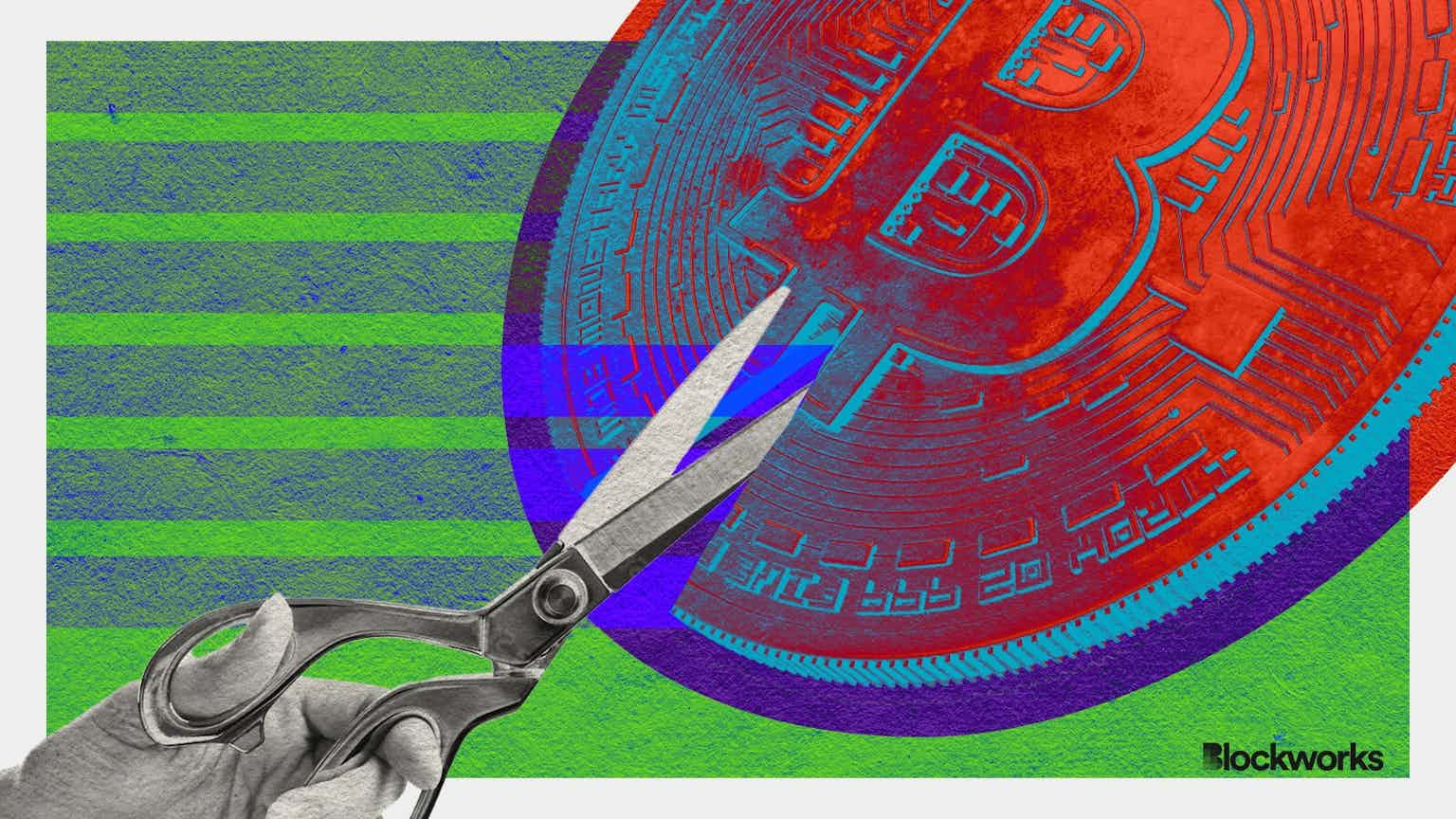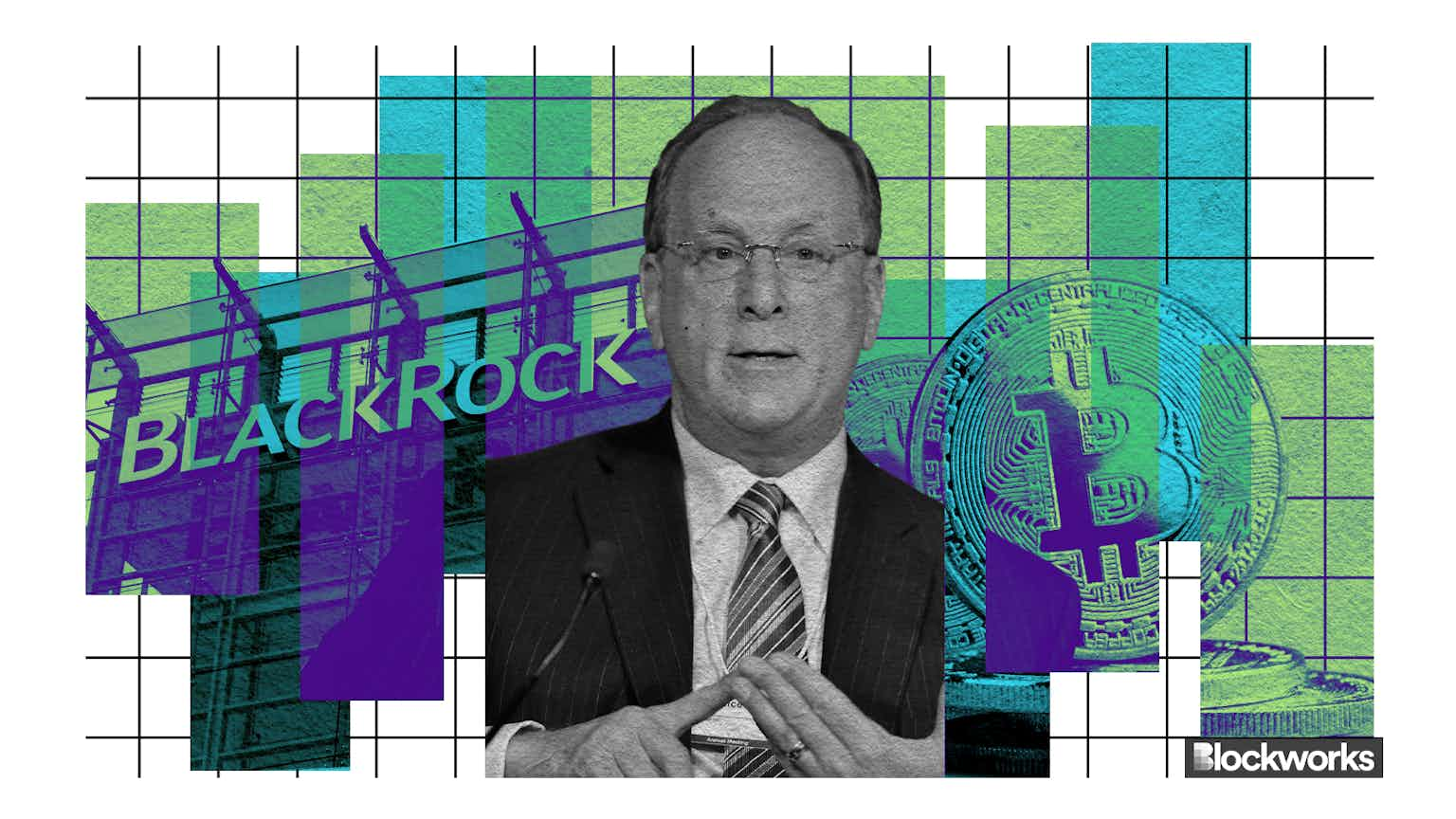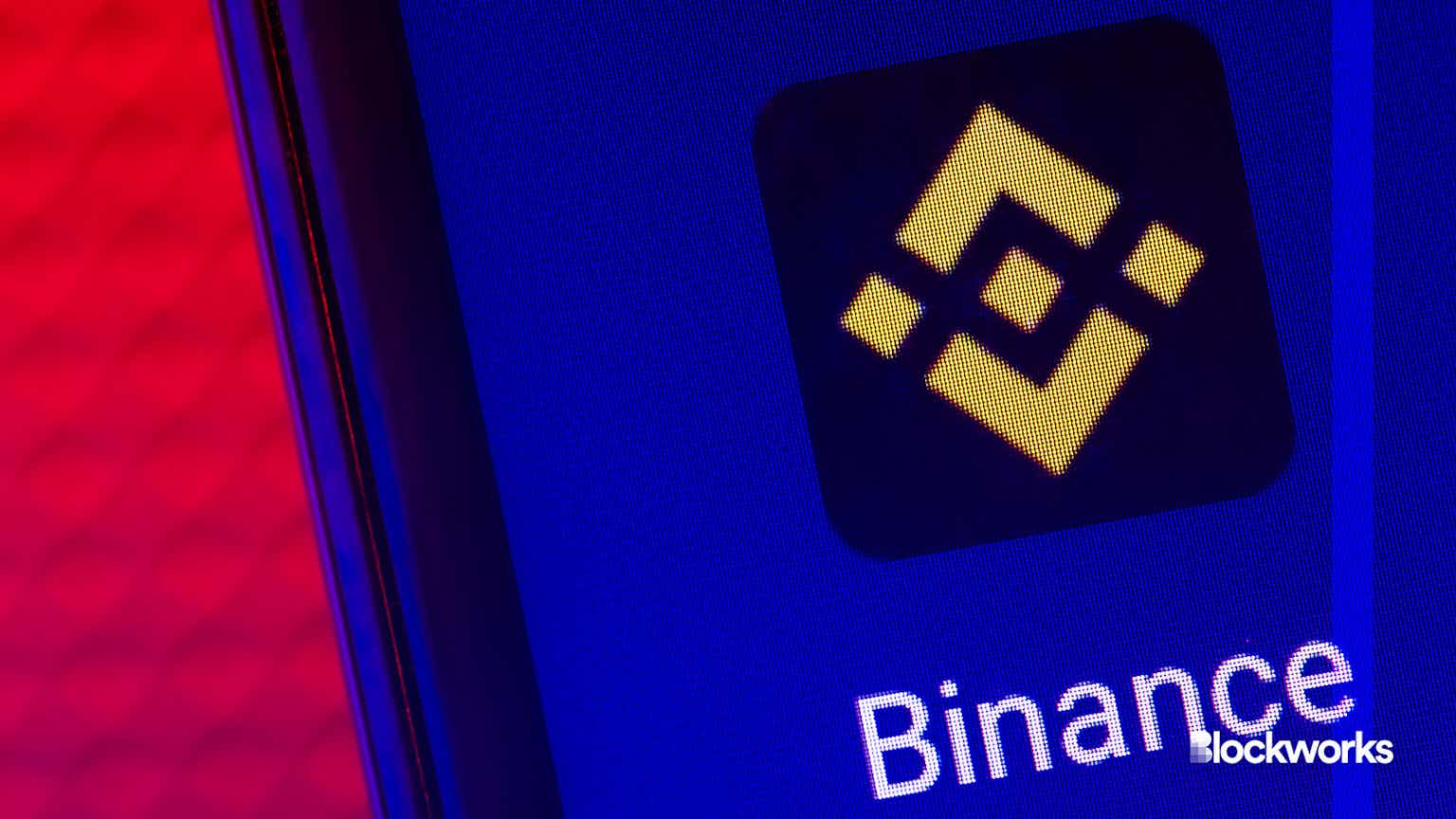Coinbase Defends Listing Process, Despite SEC Pressure
Coinbase allegedly allowed unregistered securities on its platform. Has its plan to dominate the US crypto market backfired?

Coinbase CEO Brian Armstrong | blockworks exclusive art by axel rangel
key takeaways
- Coinbase’s general counsel has said the US lacks a clear or workable regulatory framework for digital asset securities
- “There’s a very strong possibility, in my professional opinion, that a lot of the things on Coinbase are investment contracts,” lawyer Preston Byrne told Blockworks
Coinbase has a problem. US regulators are reportedly investigating whether it’s masquerading as an unregistered securities exchange — enabling trade of digital assets that fall under the jurisdiction of the SEC.
The probe was first flagged when the SEC revealed insider trading charges against former Coinbase product manager Ishan Wahi and two others involving at least 25 digital assets.
The SEC reckons at least nine of those cryptocurrencies are securities. Securities issuers must file financial statements and other disclosures — just like public companies — providing transparency to support educated investment decisions.
One week after news of Wahi’s charges broke, Bloomberg reported details of an open SEC investigation into Coinbase which pre-dated the insider trading case. Coinbase’s stock tanked the next day.
Coinbase wants to list every token possible
According to Bloomberg, the SEC ramped up its Coinbase scrutiny after the platform began expanding the range of digital assets available to US-based traders.
In January last year, Coinbase “opened the door” to token issuers via its then-new “Asset Hub,” effectively a form startups can fill out in hopes of having their digital assets listed on Coinbase.
Coinbase has detailed its listing criteria, ranging from whether the asset is considered an investment or there’s expectation of profit, to centralization concerns with regard to control over the protocol or user funds, to general code quality.
Brian Armstrong, Coinbase’s billionaire CEO, later tweeted that Coinbase’s goal is to list “every asset where it is legal to do so,” but warned that markets shouldn’t take listings as Coinbase’s endorsement of that asset — outside of meeting its minimum standards.
The listing framework echoes the “Howey Test,” a four-pronged quiz on which US regulators rely to decide whether an asset is an investment contract and should thus be regulated as a security.
‘Sufficiently decentralized’ wasn’t part of the Howey Test
The SEC has only explicitly confirmed its stance on one digital asset: bitcoin, which the watchdog says is a commodity.
In 2019, former chair Jay Clayton noted that ether may have at one point been a security, but it had since evolved into something else. Current chair Gary Gensler muddied the waters in January by failing to cite ether, alongside bitcoin, as a non-security digital asset.
Dario de Martino, partner at law firm Allen & Overy explained to Blockworks in an email that SEC staff had emphasized the importance of decentralization in determining whether a token should be regulated as a security. “However, no helpful guidance has been offered to define or achieve ‘sufficient decentralization,’ leaving market participants in a conundrum,” de Martino said.
Coinbase, like a myriad of other cryptocurrency companies over the past half-decade, has still complained of lacking regulatory clarity when it comes to digital asset securities, despite the SEC’s lengthy 2019 paper which explains its methods.
Paul Grewal, Coinbase’s chief legal officer, claimed in a blog post last week that the SEC reviewed its internal framework for deciding which tokens to list, part of which determines whether those assets could be considered securities. “Coinbase does not list securities on its platform. Period,” Grewal wrote.
Cat-and-mouse games backed by wordplay
Coinbase made a business decision to gain maximum market share by listing as many tokens as possible in the United States, according to Preston Byrne, partner at New York law firm Anderson Kill.
More than 150 cryptocurrencies are available to US traders, so when Coinbase says it doesn’t list any securities on its platform, it may simply be playing cute with its language, Byrne alluded.
“A token isn’t a security. It’s an investment contract, which is regulated by the Securities Act in exactly the same manner as securities,” Byrne explained.
“There’s a very strong possibility, in my professional opinion, that a lot of the things on Coinbase are investment contracts,” he added.
According to Byrne, the conundrum for Coinbase comes down to how willfully blind the regulator can let the exchange be, as to the reality of the assets it sells.
“Because regulators have not affirmatively said that most of the things on its platform are securities, Coinbase is operating on the basis that they’re not until they’re told otherwise,” Byrne said.
This cat-and-mouse game played out in December 2020, when the SEC sued Ripple Labs and its top executives over their XRP token. Coinbase almost immediately delisted XRP in response to the case.
Coinbase also pulled the plug on its interest-bearing crypto account product last year — which would’ve promised customers 4% yield on USDC deposits — after the SEC threatened to sue, and after crypto lender BlockFi had its own similar product questioned by regulators.
The Howey Test is still “mushy” when it comes to classifying investment contracts, Byrne said, whether or not the associated assets are on the blockchain.
“There is no agency in the United States tasked with running every investment contract through that mushy test and giving a legally definitive conclusion which everyone else can rely on,” Byrne said.
Instead, law enforcers like the SEC have pushed that obligation down to token issuers and their counsel — gatekeepers to public markets by way of not giving bogus or silly opinions, and issuers are expected to obey the law and follow advice of the counsel, Byrne reasoned.
Coinbase, in its current form, has one overarching legal responsibility: to not operate as an unregistered securities exchange. “Which means that if they are reckless or negligent or intend for securities to be traded on their platform, they might have a problem on their hands,” Byrne said.
In a statement emailed to Blockworks, a Coinbase spokesperson said it instituted its “robust review process” as it believes existing securities regulations don’t work for digital asset securities.
“The rules governing securities markets were developed decades before the advent of crypto. When these authors were writing rules to regulate square pegs, they did not account for how those rules would impact the unpredictable round holes of the future,” they said.
Despite Coinbase’s avowed confidence in its process, the effort to list the maximum possible number of tokens has put it at odds with the SEC. In a race for market share, Coinbase’s ambition may have just come back to bite.
Start your day with top crypto insights from David Canellis and Katherine Ross. Subscribe to the Empire newsletter.
